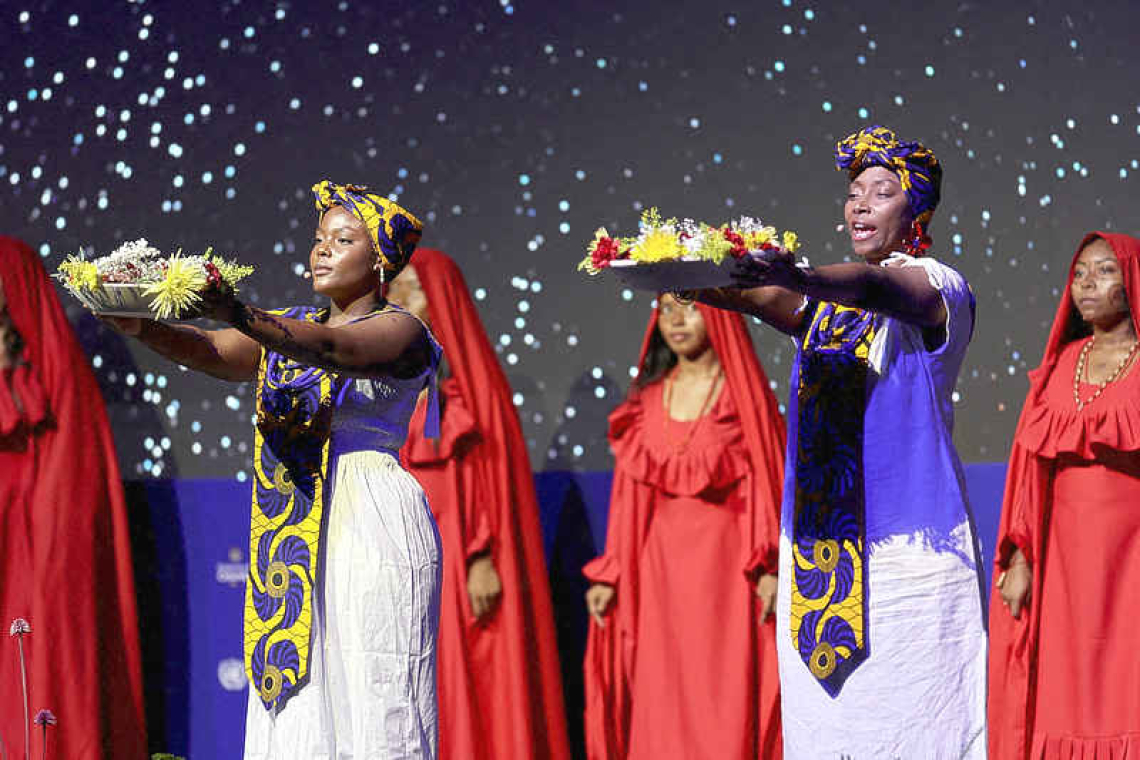CALI, Colombia--After years of being excluded from global agreements, representatives of people of African descent see the United Nations' biodiversity summit in Colombia as their best chance yet to be recognised for their role in protecting nature.
Colombia, host nation of the U.N. COP16 summit, wants a specific reference made to Afro-descendants, who number about 134 million people, or 21% of the total population across Latin America and the Caribbean, in any pledges, declarations and agreements reached at the summit. The initiative, spearheaded by Francia Márquez, Colombia's first Black woman vice-president and an environmental activist, has highlighted that existing U.N. climate and biodiversity conventions omit references to people of African descent. "Despite the fact that people of African descent live in communities and places that are nature paradises with high levels of biodiversity, they haven't been taken into account," Epsy Campbell, chair of the U.N. Permanent Forum on People of African Descent, told the Thomson Reuters Foundation. Campbell, the former first Black female vice-president of Costa Rica, said this marginalisation was due to "systemic racism". COP16 could be a key opportunity to boost participation as Colombia has a significant Black population, she said. The terms "local communities" and "Indigenous Peoples" used in the U.N.'s Convention on Biological Diversity (CBD) do not identify people of African descent, making their role in protecting biodiversity in their ancestral lands invisible, rights campaigners say. Representatives from nearly 200 countries are meeting in the city of Cali until Nov. 1 to try to stem the rapid decline of biodiversity, with vertebrate populations falling three-quarters since the 1970s, according to a recent World Wide Fund for Nature (WWF) report. Human life depends on biological diversity, from animals to plants to bacteria - along with broad genetic variety and a range of supporting ecosystems. "COP16 shall demonstrate that there are millions of Afro-descendants, who... have been guardians of nature, particularly women, who have amazing knowledge to protect and conserve biodiversity in a sustainable way," said Campbell. Getting recognition for the role Black communities play in nature and biodiversity conservation would help bring funding to protect their land from large-scale mining and farming projects. Colombia's push to raise the visibility of Afro-descendants at COP16, as well as the importance of securing their collective land rights in protecting biodiversity, is being backed by Brazil, a political ally of Colombia. Brazil is home to the largest Black population in Latin America, including about 1.3 million descendants of runaway slaves, who live in "quilombo" communities. "We celebrate the initiative shown by the Colombian and Brazil governments because here COP16, there's a direct space given to people of African descent and communities," said Francileia Paula de Castro, a researcher with the National Coordination for the Articulation of Black Rural Quilombola Communities (CONAQ). Passed down over generations, Brazil's Quilombolas protect biodiversity by using sustainable farming practices free of pesticides and conserve a broad genetic variety of food crops, including varieties of maize from centuries ago, de Castro said.







